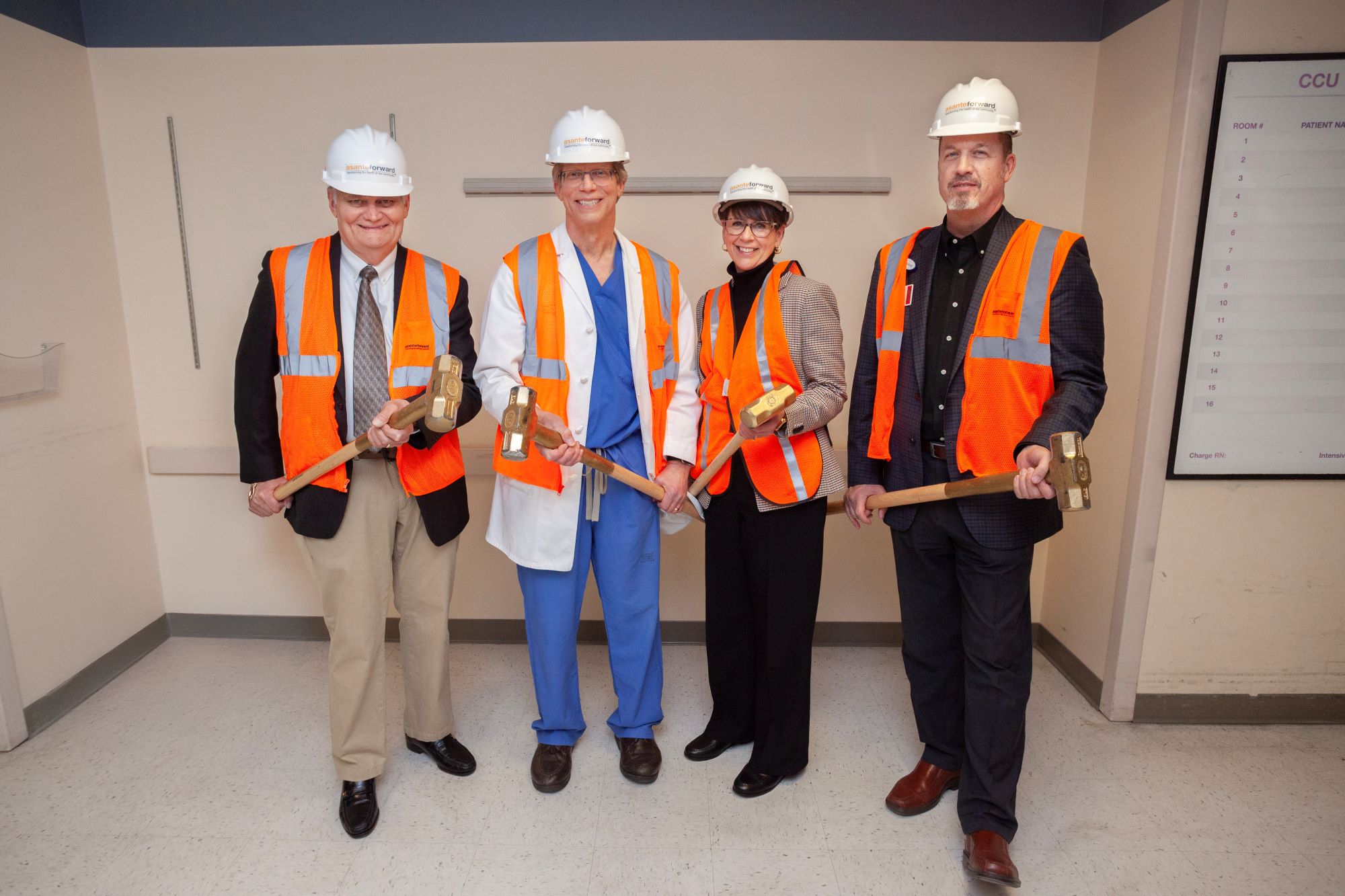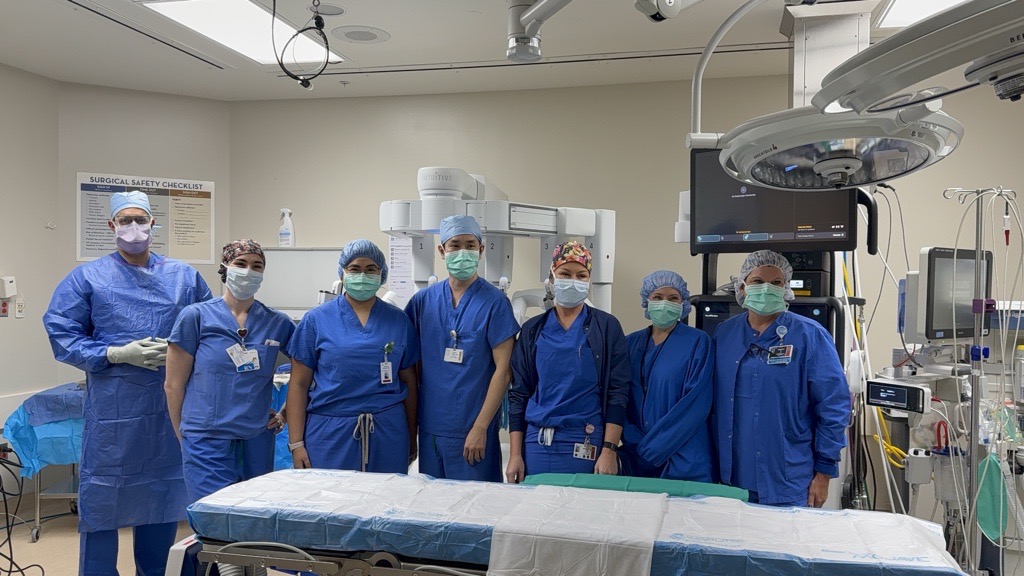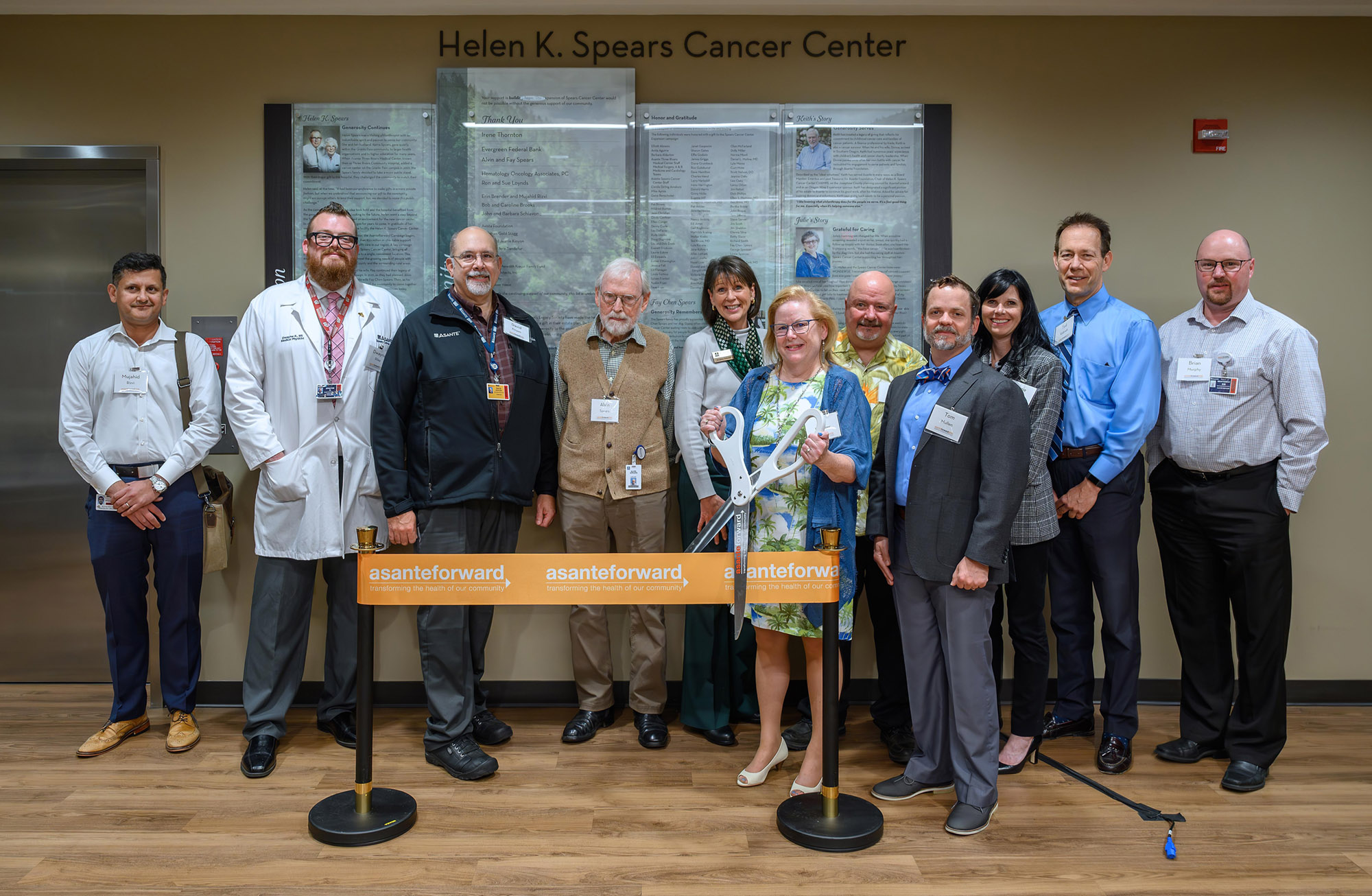Summary
Cancer upends people's lives and puts a strain on all aspects of life. Dr. Yang, a general surgeon, helps patients navigate this process with an organized approach: name, stage, treat and follow.
In our surgical offices, we can see how a cancer diagnosis can upend a person’s life. It makes one acutely aware of their mortality and can put a massive strain on all aspects of life. Most patients have family or friends who have battled cancer, with a wide range of experiences that can amplify their own fears.
Because a cancer diagnosis raises a thousand questions all at once, I find it helpful to walk patients through it with an organized approach: name, stage, treat and follow.
Name the cancer. There are many types of cancers, each with a different personality. Some are aggressive and spread quickly; others just sit there and don’t do much. It is important to know not just what part of the body is involved, but what type of cell the cancer is. We sometimes need to investigate down to specific gene mutations, because this can affect how an individual cancer behaves.
Stage the cancer. This means figuring out how much cancer there is. How big is it? Has it spread, and if so, where? Is it invading things nearby? These questions are answered in the staging process, which helps guide treatments and expectations. Staging often involves different kinds of scans, images and sometimes biopsies. This process can be overwhelming, but it is very important.
Treat the cancer. When the cancer type and stage are understood, it’s time to figure out treatments. These can involve medicines, chemotherapy, surgeries and radiation. Patients often see several specialists who collaborate in developing individualized plans for them. Sometimes the best plan is aggressive treatment, and sometimes it is to focus on comfort and quality of life.
Follow the cancer. Once treatment starts, how do we know whether it worked? If a treatment or surgery is complete, what kind of follow-up is needed? Even if successfully treated, many cancers have a risk of returning, so there is always a surveillance plan.
As one can imagine, this process is exhausting for cancer patients and their families. Patients go through many appointments and treatments on top of everything they were juggling in their lives beforehand. Uncertainty clouds every day.
If you have friends or family undergoing cancer treatments, see how you can support them. This may be with acts of service—doing yardwork, helping with food or cleaning the house. It can be a simple text message or a phone call showing you’re thinking of them.
If you are supporting a cancer patient, we see you and appreciate all of the sacrifices you make in caring for your loved one. If you are a cancer patient, know that we are working to provide the best treatment possible for you. You are not alone. We are rooting for you every day.
Dr. Yang is a general surgeon specializing in all areas of general and endoscopic surgery. As a teenager, he was involved in his mother’s care as she recovered from surgery and chemotherapy. Through this transformative experience, Dr. Yang decided to pursue a career in medicine and serving others in need. Learn more about Dr. Yang here.









